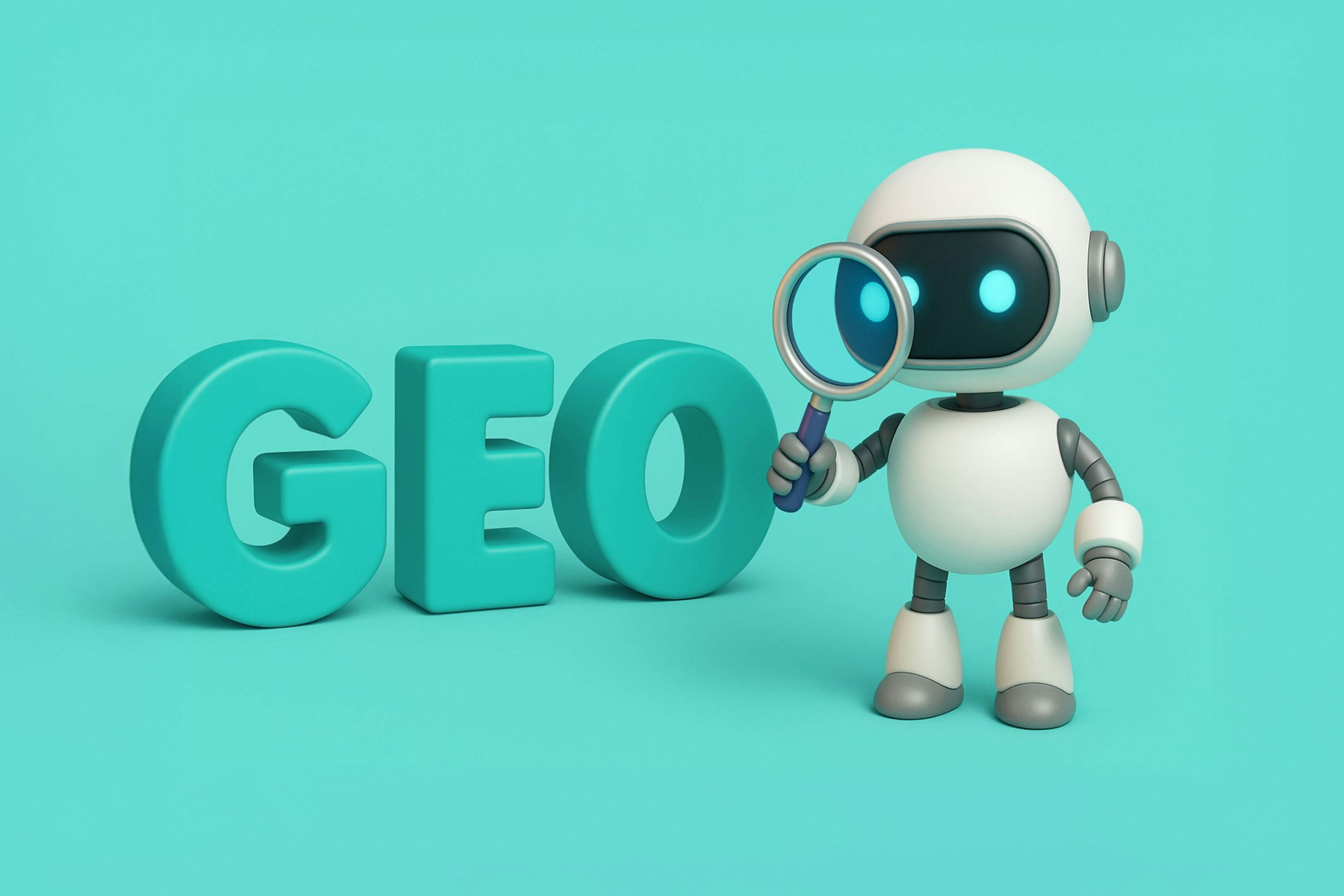The Meltwater Blog
What is Generative Engine Optimization (GEO)? & How to Do It
Read Blog
Latest posts
Social Listening
70+ Social Media Stats for 2026
Read Blog
Generative Engine Optimization (GEO)
How to Track LLM Prompts and Measure AI Visibility
Read Blog
Content Marketing
The Power of Content Marketing: A Complete Guide
Read Blog
AI & Data Analytics
Fitness Apps Brand AI Visibility Index
Read Blog
Brand Management
What is Brand Management and Why is Good Branding Important?
Read Blog
Generative Engine Optimization (GEO)
PR Pitch GEO Optimization: How PR Professionals Should Craft Pitches for AI Search and LLM Responses
Read Blog
PR & Communications
The State of PR in 2026: What 1,100+ Comms Leaders Told us About the Future of the Industry
Read Blog
Social Listening
B2B Social Listening: How to Turn Insights into Action
Read Blog
Generative Engine Optimization (GEO)
PR + GEO: How to Win Visibility in AI Search & LLM Answers
Read Blog
Social Listening
Buzz vs. Engagement: What the Marty Supreme Campaign Teaches Us About Cultural Marketing
Read Blog
Social Media Marketing
Social Media News: The 5 Biggest Stories of the Week
Read Blog
Social Listening
How to Find Social Media Trends That Drive Strategy
Read Blog
Load More
Discover more topics
Social Listening
Reputation Management
Brand Management
Competitive Intelligence
Customer Journey
AI & Data Analytics
PR & Communications
Internal Communication
Content Marketing
Influencer Marketing
Marketing
Social Media Management
Social Media Marketing
Digital Marketing & PR Tools
Generative Engine Optimization (GEO)
By Network
Facebook Blog
Instagram Blog
LinkedIn Blog
TikTok Blog
X/Twitter Blog
YouTube Blog
Bluesky Blog
Snapchat Blog
Threads Blog
